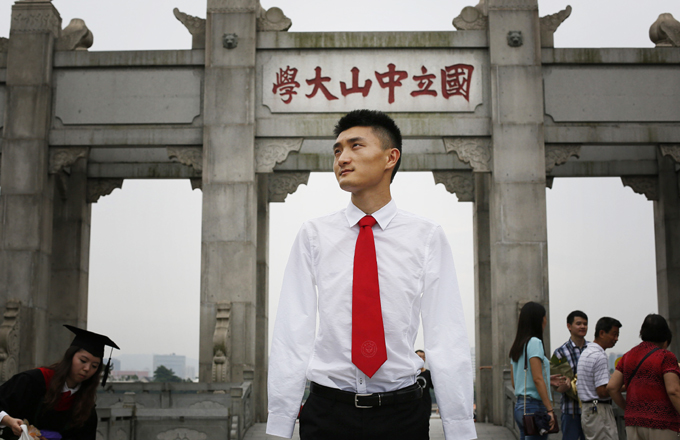Economists puzzled by state of economy
Growth pattern
China‘s traditional economic growth pattern that excessively depends on investment increases the fast expansion of bank credit, when other financing channels are underdeveloped. Therefore, the base money is driven incredibly high by surging credit, said Ji from the central bank.
"Fundamentally, the nation was urged to transform the growth model but it still needs a long time to come into effect," he said.
Louis Kuijs, the chief economist in China at the Royal Bank of Scotland, said "With economic recovery not particularly strong, we see no change in the headline monetary policy stance any time soon".
"After the implementation of regulatory measures to improve transparency and constrain growth of non-bank lending, the less strictly regulated part of the financial system, we expect more such steps," Kuijs added.
A domestic risk for economic growth is that concerns about financial risks may lead to more drastic measures, he added.
The China Banking Regulatory Commission issued a regulation in March lowering the highest proportion of wealth management products that can be invested in non-standard credit assets.
In addition, bond trading between banks‘ proprietary accounts and their wealth management products was prohibited in May.
A report from Barclays Bank in Hong Kong said the tightening policy may bring some short-term negative effects. "But we believe proper regulation of wealth management products will help lower bank systemic risk and benefit China‘s banking sector over the longer term," it said.
Another reason for the high monetary supply is down to continually expanding foreign exchange reserves.
In April, foreign exchange reserves rose by $66 billion. The increase was $99 billion for the whole of 2012. They rose by $157 billion in the first quarter this year, dominated by capital inflows.

























